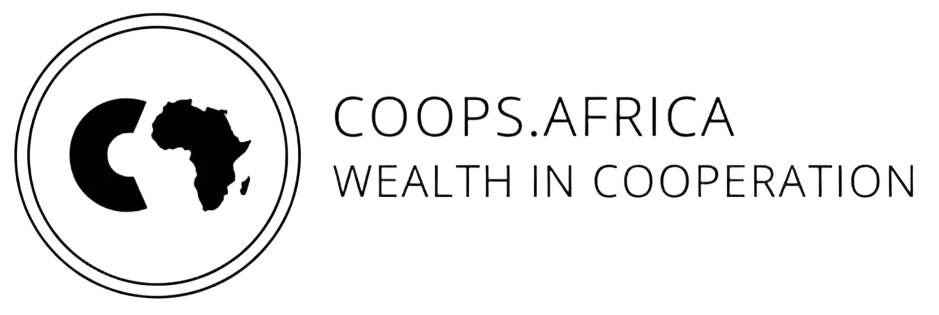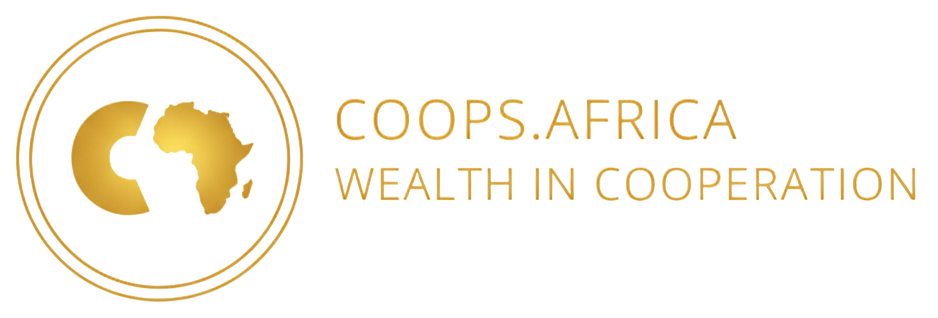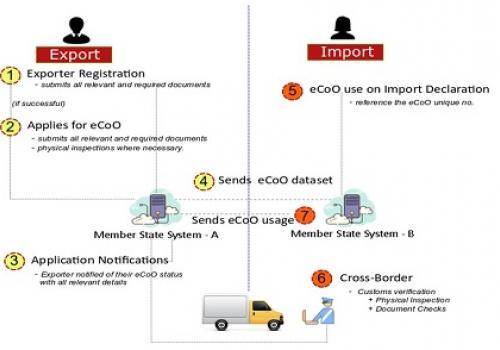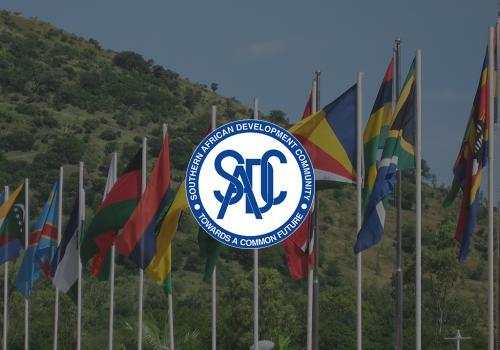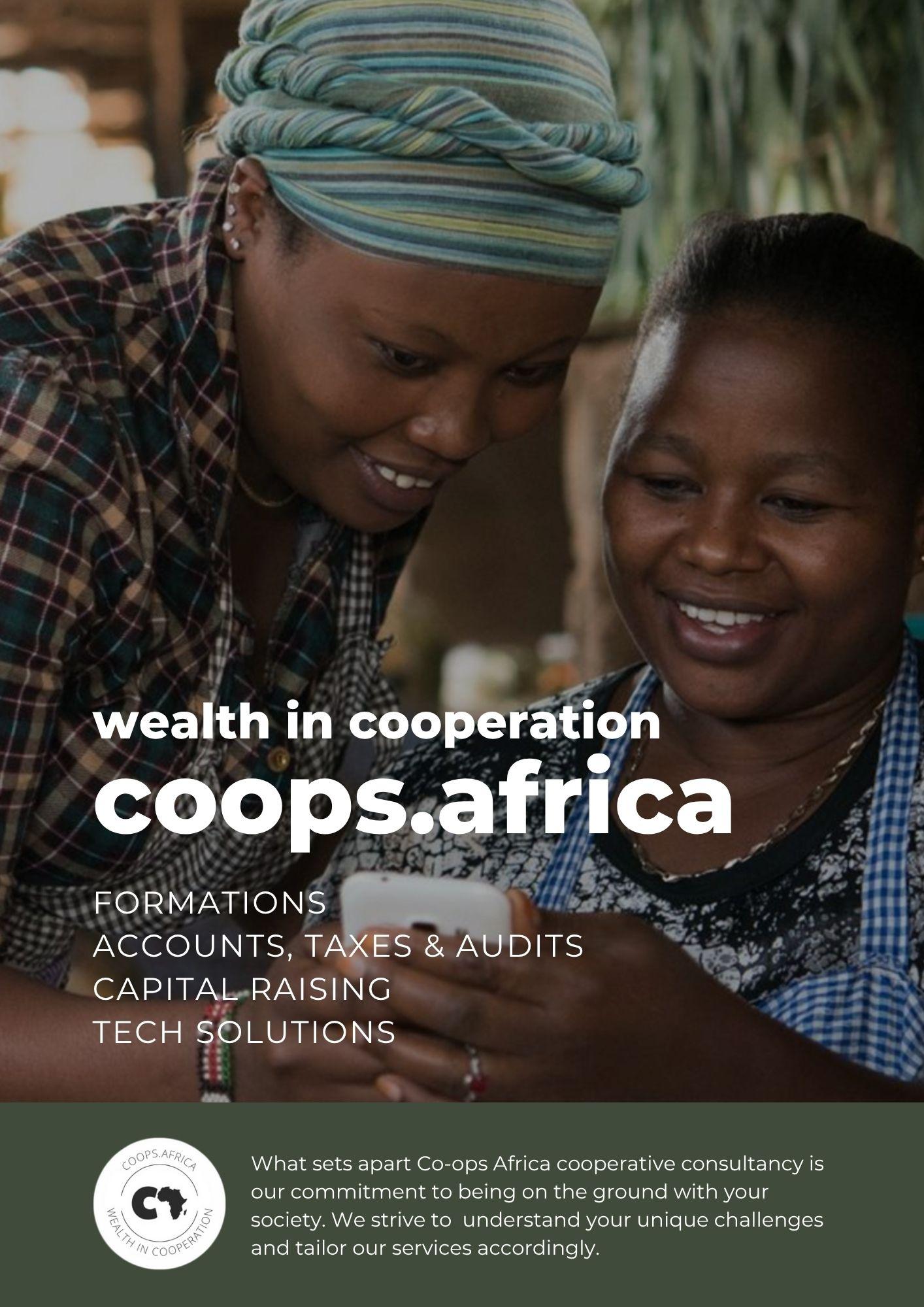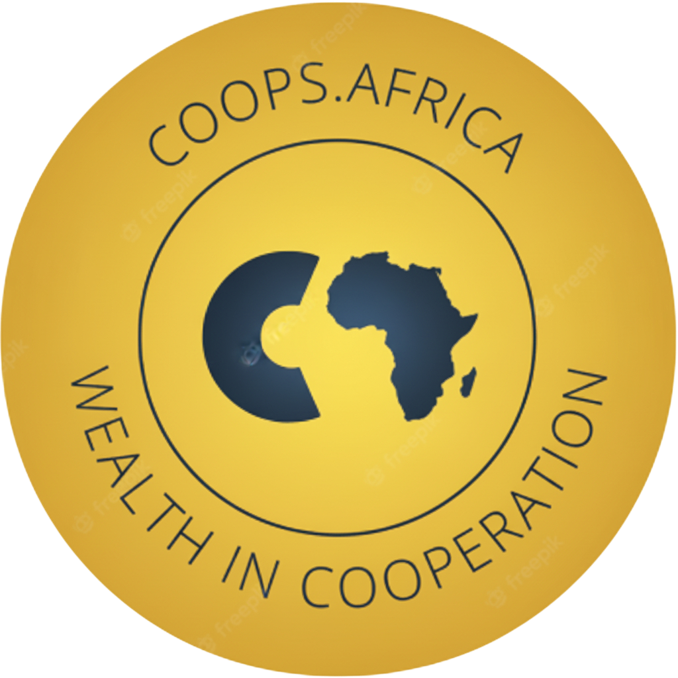Recent Updates
Botswana
All Countries
Africa
Afghanistan
Albania
Algeria
American Samoa
Andorra
Angola
Anguilla
Antarctica
Antigua and Barbuda
Argentina
Armenia
Aruba
Australia
Austria
Azerbaijan
Bahamas
Bahrain
Bangladesh
Barbados
Belarus
Belgium
Belize
Benin
Bermuda
Bhutan
Bolivia
Bosnia and Herzegovina
Botswana
Bouvet Island
Brazil
British Indian Ocean Territory
Brunei Darussalam
Bulgaria
Burkina Faso
Burundi
Cambodia
Cameroon
Canada
Cape Verde
Cayman Islands
Central African Republic
Chad
Chile
China
Christmas Island
Cocos (Keeling) Islands
Colombia
Comoros
Congo
Cook Islands
Costa Rica
Croatia (Hrvatska)
Cuba
Cyprus
Czech Republic
Denmark
Djibouti
Dominica
Dominican Republic
East Timor
Ecuador
Egypt
El Salvador
Equatorial Guinea
Eritrea
Estonia
Ethiopia
Falkland Islands (Malvinas)
Faroe Islands
Fiji
Finland
France
France, Metropolitan
French Guiana
French Polynesia
French Southern Territories
Gabon
Gambia
Georgia
Germany
Ghana
Gibraltar
Guernsey
Greece
Greenland
Grenada
Guadeloupe
Guam
Guatemala
Guinea
Guinea-Bissau
Guyana
Haiti
Heard and Mc Donald Islands
Honduras
Hong Kong
Hungary
Iceland
India
Isle of Man
Indonesia
Iran (Islamic Republic of)
Iraq
Ireland
Israel
Italy
Ivory Coast
Jersey
Jamaica
Japan
Jordan
Kazakhstan
Kenya
Kiribati
Korea, Democratic People's Republic of
Korea, Republic of
Kosovo
Kuwait
Kyrgyzstan
Lao People's Democratic Republic
Latvia
Lebanon
Lesotho
Liberia
Libyan Arab Jamahiriya
Liechtenstein
Lithuania
Luxembourg
Macau
Macedonia
Madagascar
Malawi
Malaysia
Maldives
Mali
Malta
Marshall Islands
Martinique
Mauritania
Mauritius
Mayotte
Mexico
Micronesia, Federated States of
Moldova, Republic of
Monaco
Mongolia
Montenegro
Montserrat
Morocco
Mozambique
Myanmar
Namibia
Nauru
Nepal
Netherlands
Netherlands Antilles
New Caledonia
New Zealand
Nicaragua
Niger
Nigeria
Niue
Norfolk Island
Northern Mariana Islands
Norway
Oman
Pakistan
Palau
Palestine
Panama
Papua New Guinea
Paraguay
Peru
Philippines
Pitcairn
Poland
Portugal
Puerto Rico
Qatar
Reunion
Romania
Russian Federation
Rwanda
Saint Kitts and Nevis
Saint Lucia
Saint Vincent and the Grenadines
Samoa
San Marino
Sao Tome and Principe
Saudi Arabia
Senegal
Serbia
Seychelles
Sierra Leone
Singapore
Slovakia
Slovenia
Solomon Islands
Somalia
South Africa
South Georgia South Sandwich Islands
Spain
Sri Lanka
St. Helena
St. Pierre and Miquelon
Sudan
Suriname
Svalbard and Jan Mayen Islands
Swaziland
Sweden
Switzerland
Syrian Arab Republic
Taiwan
Tajikistan
Tanzania, United Republic of
Thailand
Togo
Tokelau
Tonga
Trinidad and Tobago
Tunisia
Turkey
Turkmenistan
Turks and Caicos Islands
Tuvalu
Uganda
Ukraine
United Arab Emirates
United Kingdom
United States
United States minor outlying islands
Uruguay
Uzbekistan
Vanuatu
Vatican City State
Venezuela
Vietnam
Virgin Islands (British)
Virgin Islands (U.S.)
Wallis and Futuna Islands
Western Sahara
Yemen
Zaire
Zambia
Zimbabwe
-
Understanding SADC Rules of Origin: A Guide for the Co-op Movement in Southern AfricaAs Africa works toward deeper regional integration and increased intra-African trade, the Southern African Development Community (SADC) offers a powerful platform for economic cooperation. For cooperatives across the region looking to trade amongst themselves—whether in agricultural produce, manufactured goods, or services—it’s essential to understand the SADC Rules of...0 Comments 0 Shares 5K Views 0 ReviewsPlease log in to like, share and comment!
-
Rules of Origin are the guidelines used to determine where a product truly comes from. When countries form trade agreements, such as those under SADC or the African Continental Free Trade Area (AfCFTA), they often agree to reduce or remove taxes on goods traded between them. However, these tax benefits are only meant for products that are genuinely made within the member countries. Rules of Origin help customs officials decide if a product qualifies for this special treatment by checking how and where it was made.
For example, if a cooperative in Zimbabwe grows, harvests, and packages oranges, those oranges are clearly Zimbabwean and would qualify for duty-free entry into South Africa under SADC rules. But if the same cooperative imports ready-made clothes from China and simply sells them in South Africa, those clothes wouldn’t qualify, because they weren’t made or significantly changed in Zimbabwe.
Sometimes products are made from raw materials that come from different countries. If a cooperative imports fabric from another country but cuts, sews, and designs it into clothing locally, it may still qualify as a Zimbabwean product, because enough transformation took place. The key is whether the processing adds value and changes the product into something new.
Understanding and applying Rules of Origin helps cooperatives avoid unexpected taxes and remain competitive in the regional market. These rules also protect local industries by preventing foreign goods from entering under false labels. By ensuring their products meet the necessary criteria, cooperatives can take full advantage of free trade agreements and expand into new markets more easily.Rules of Origin are the guidelines used to determine where a product truly comes from. When countries form trade agreements, such as those under SADC or the African Continental Free Trade Area (AfCFTA), they often agree to reduce or remove taxes on goods traded between them. However, these tax benefits are only meant for products that are genuinely made within the member countries. Rules of Origin help customs officials decide if a product qualifies for this special treatment by checking how and where it was made. For example, if a cooperative in Zimbabwe grows, harvests, and packages oranges, those oranges are clearly Zimbabwean and would qualify for duty-free entry into South Africa under SADC rules. But if the same cooperative imports ready-made clothes from China and simply sells them in South Africa, those clothes wouldn’t qualify, because they weren’t made or significantly changed in Zimbabwe. Sometimes products are made from raw materials that come from different countries. If a cooperative imports fabric from another country but cuts, sews, and designs it into clothing locally, it may still qualify as a Zimbabwean product, because enough transformation took place. The key is whether the processing adds value and changes the product into something new. Understanding and applying Rules of Origin helps cooperatives avoid unexpected taxes and remain competitive in the regional market. These rules also protect local industries by preventing foreign goods from entering under false labels. By ensuring their products meet the necessary criteria, cooperatives can take full advantage of free trade agreements and expand into new markets more easily.File Type: pdf0 Comments 0 Shares 1K Views 0 Reviews -
-
More Stories
